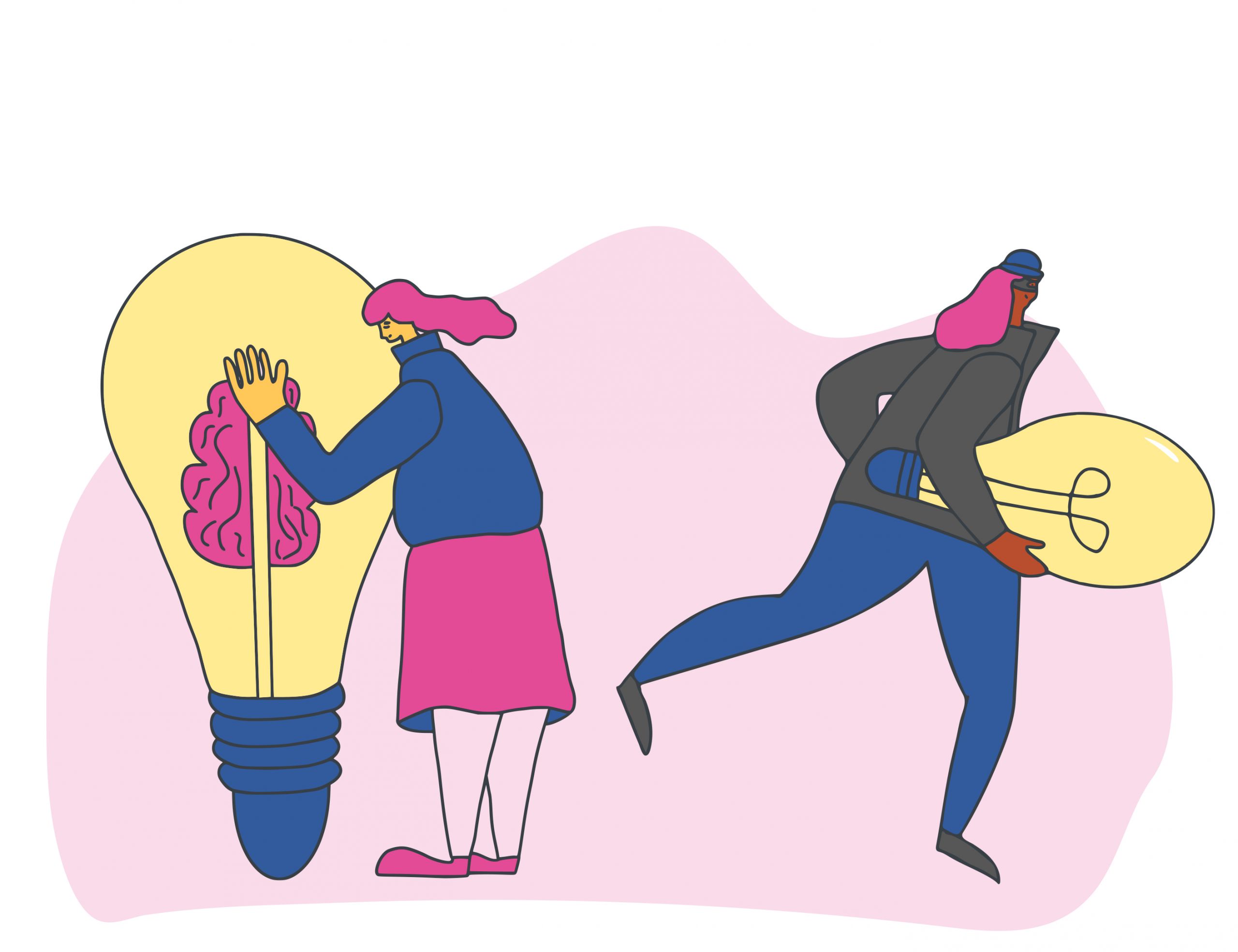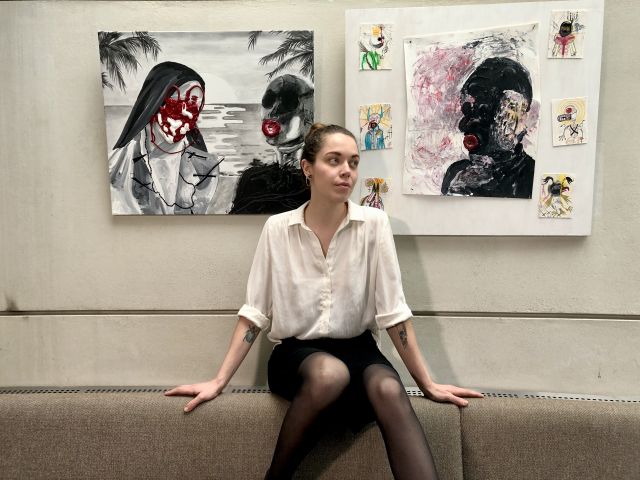Plagiarism case at CBS under investigation by the National Committee

(Illustration: Shutterstock)
A former CBS student has filed a complaint with CBS’ Practice Committee after discovering that large parts of a master’s thesis were used by his Master’s thesis supervisor in a scientific article published in an international journal. The complaint has been forwarded to the National Committee and is being treated as a case of plagiarism.
The National Committee (Nævnet for Videnskabelig Uredelighed) is currently reviewing a case of plagiarism involving a master’s thesis handed in at CBS back in 2016. However, the thesis authors are not under suspicion.
In October 2019, CBS’ Practice Committee received a complaint from a former CBS student who had discovered that his former Master’s thesis supervisor, employed at the time as a PhD student at CBS, had published an article in an international journal that the student claims contains passages and data copied directly from the student’s master thesis. A clear case of plagiarism, claims the student.
An Urkund report (see fact box), made for CBS’ Practice Committee documented that 57 percent of the article was comparable with the master’s thesis.
“The student acted correctly when he filed a complaint about this. The committee considers this a case of plagiarism, and has forwarded it to the National Committee, which will reach a final decision,” says Søren Friis Hansen, the Chair of the Practice Committee.
He explains that, as far as he knows, there have been no similar cases at CBS in the past.
“Cases of plagiarism are always unfortunate, and this is a serious case for the affected students who wrote the master’s thesis. But luckily, it’s an isolated case, and it shows that the system works. That if you file a complaint, it is taken seriously and processed accordingly,” says Søren Friis Hansen.
Students in research
But how can you safeguard yourself against plagiarism? Well, it is actually almost impossible, explains Søren Friis Hansen and compares it with speeding.
“We have rules for plagiarism, and it’s not accepted. But just because you have speed limits on the highway, they don’t keep people from speeding. So, as I see it, based on this case, we should not change the rules,” he says.
However, in certain cases, plagiarism or misunderstandings about who owns what material and how it can be used can be minimized.
More and more universities, including CBS, want researchers to involve students in their research, and then it is relevant to discuss and agree on how the material produced can be used and who should be cited and how, explains Søren Friis Hansen.
“When students are actively involved in research, cases of research misconduct, such as plagiarism, or questionable research practice may be avoided if there is a clear agreement between the parties how to treat the contribution of the students. Have the students any rights to the material which is the result of their work? Has their contribution been so substantial, that they should be listed as co-authors or is a reference in footnote adequate? It is best to agree on such matters from the beginning,” he says.

































































































































Comments